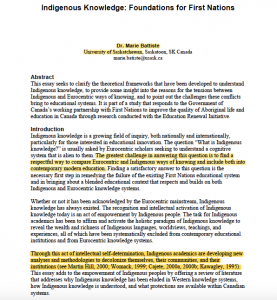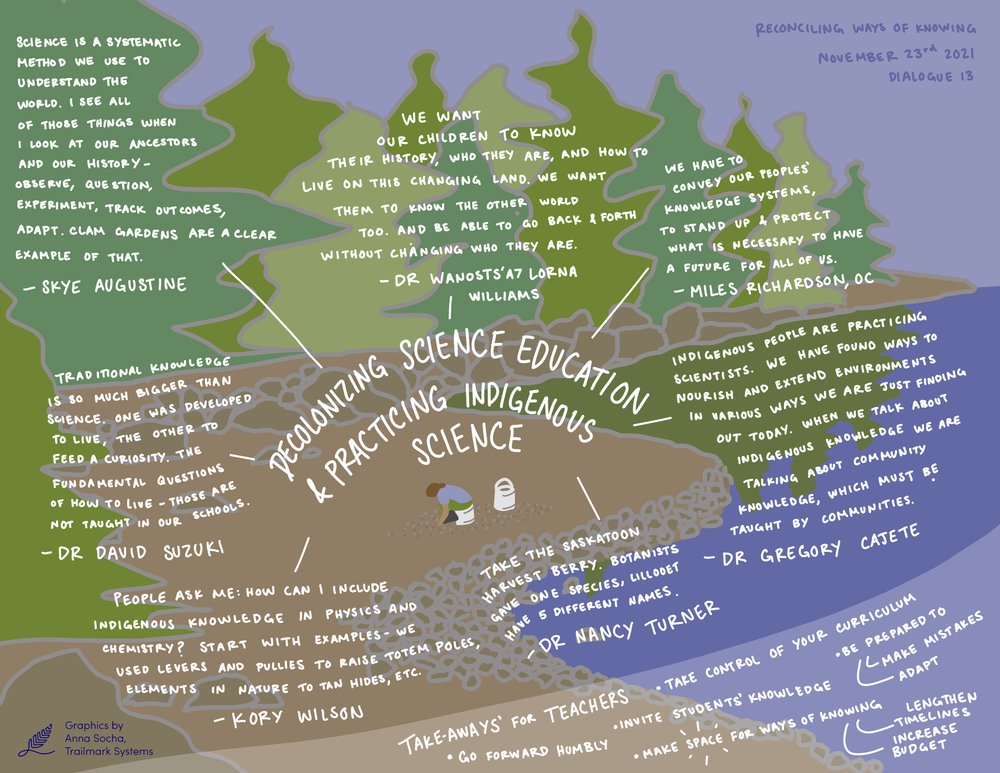My research into why Indigenous people are under-represented in healthcare as professionals has taken me down a path of understanding the institutionalized racism that exists in our healthcare system in BC. It comes as no surprise that our colonial history has led to powerful systemic structures that perpetuate racism towards the Indigenous people of our province. Understanding this history was the first step to uncovering some of the barriers which discourage Indigenous people from seeking out healthcare education. Then I looked at the education system, specifically nursing education, to get a sense of how these systems are also deeply colonial and what work is being done to decolonize these spaces. I came across this webinar hosted by The Center for Nursing Philosophy on the topic of decolonizing nursing. They had an expert panel of speakers representing research on decolonization in nursing from around the globe.
The first speaker is Dr. Lisa Bourque Bearskin, associate professor and Inaugural BC Research Chair in Indigenous Health in Nursing at Thompson Rivers University in British Columbia, Canada, who introduced the concepts of decolonization and truth and reconciliation. She begins at 6:49 min and speaks for approximately 15 minutes. A notable takeaway for me was learning about Indigenous nurse pioneers such as Mary Seacole, Edith Monture, and Mary Mahoney who had a great impact on the profession and who are left out of nursing academia. Rather, we are taught about Florence Nightingale, a Caucasian woman of English decent who is coined the founder of modern nursing. These expert panelists call for the decolonization of nursing academia to enhance the success of BIPOC students.
 Another resource I wanted to call out for educators looking to decolonize their curriculum is the ‘
Another resource I wanted to call out for educators looking to decolonize their curriculum is the ‘

